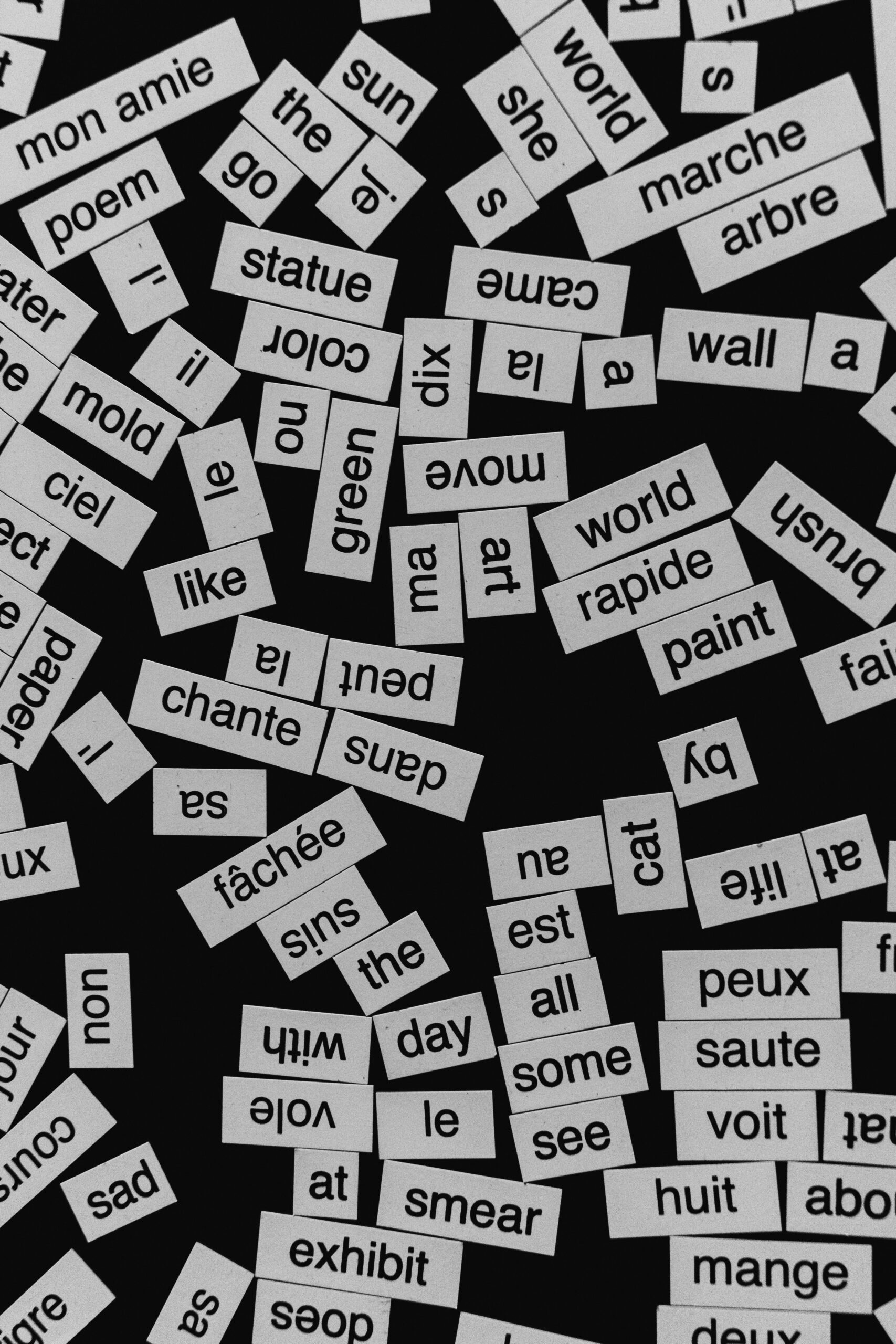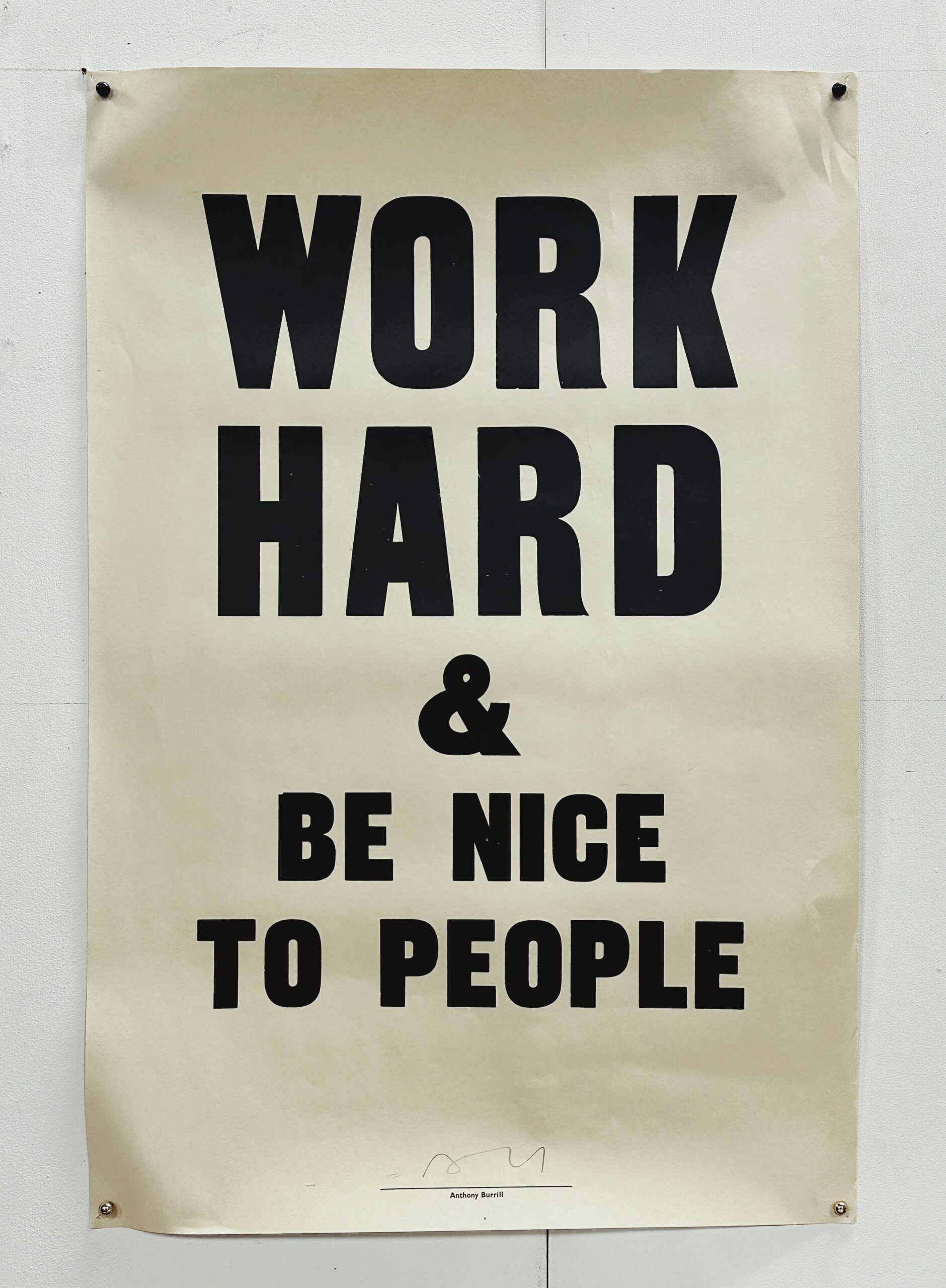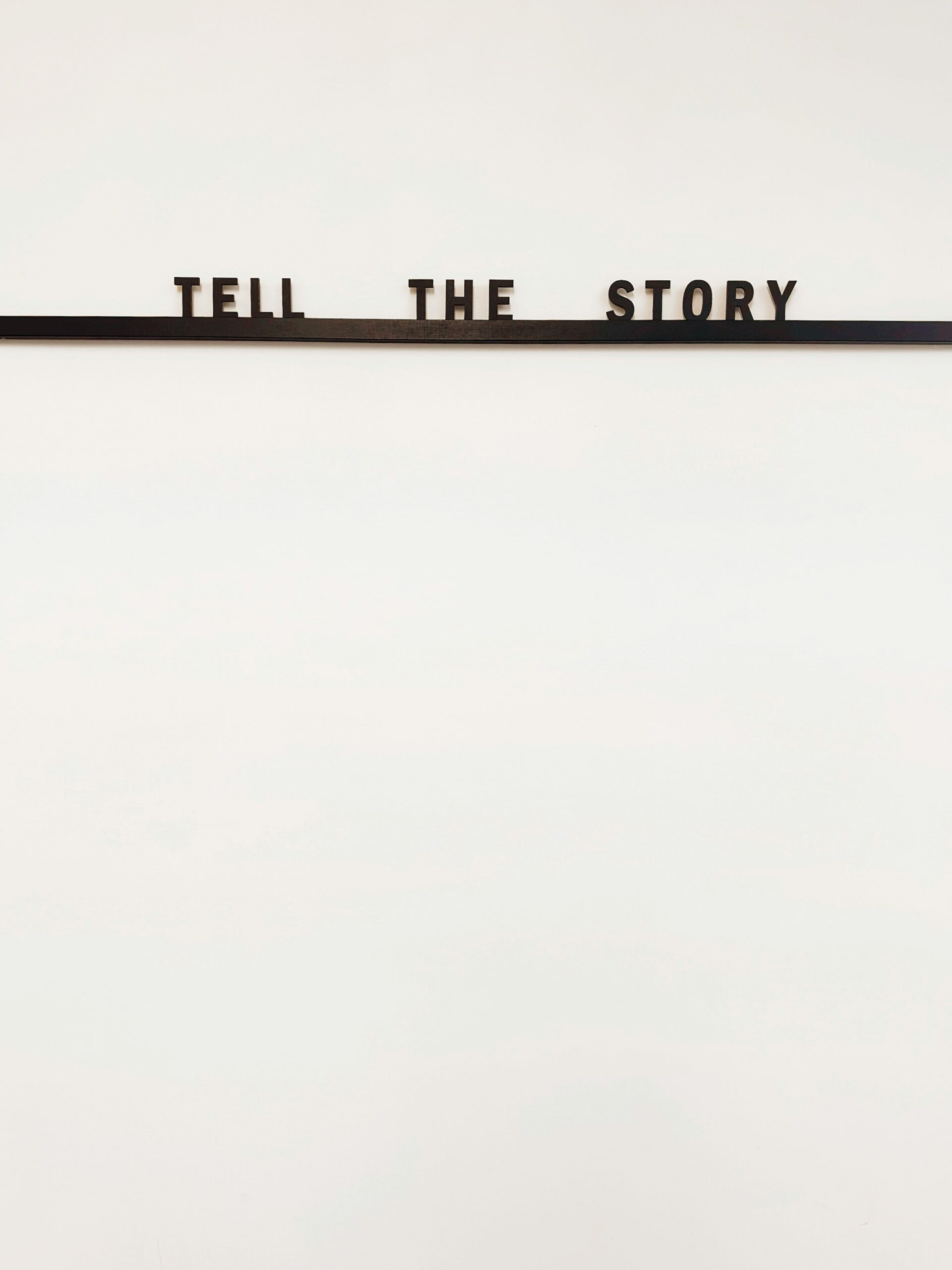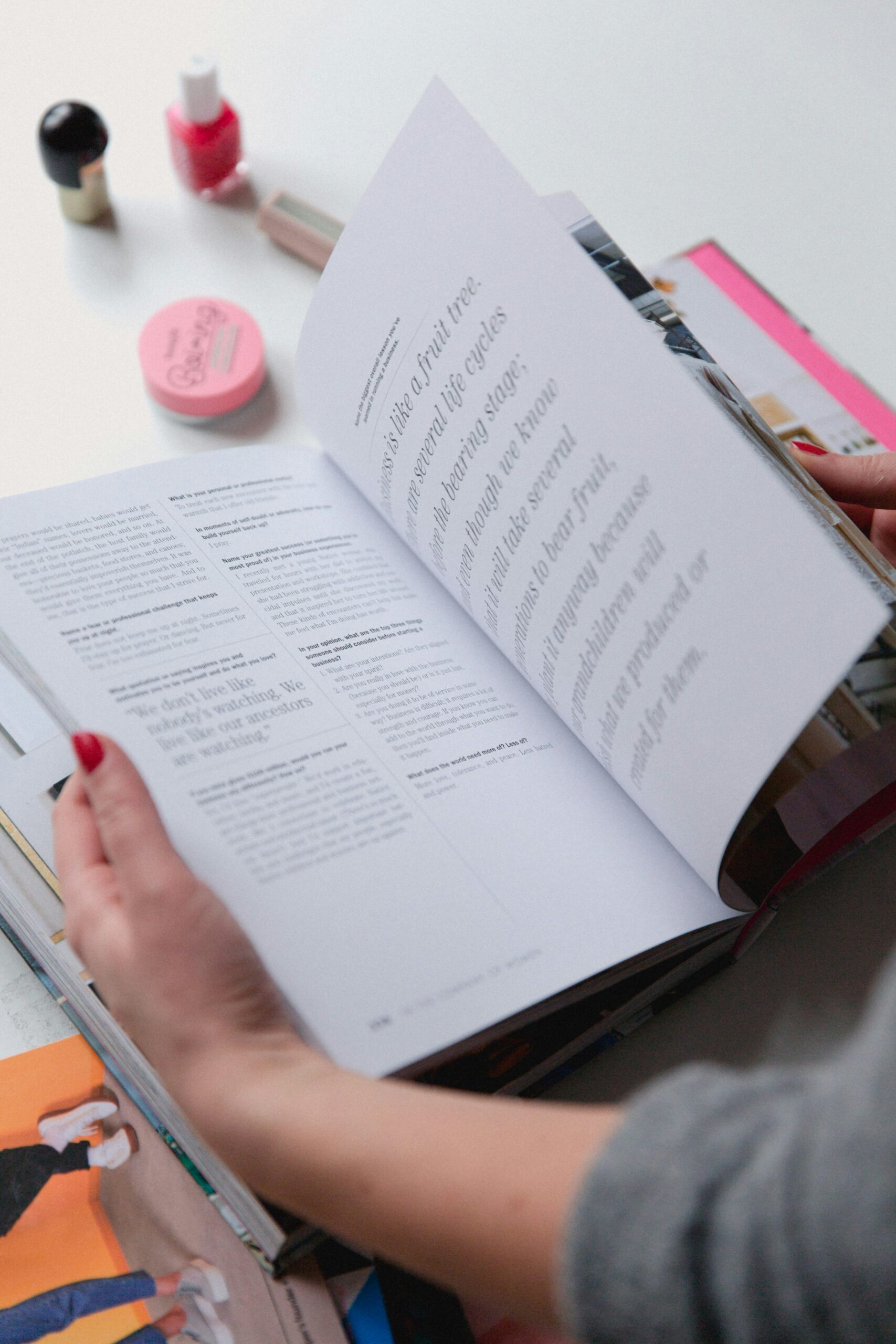What the Success of ‘Serial’ Can Teach Brands About Building An Obsessed Audience

If you aren’t already as obsessed with the Serial podcast as I am, then I apologize. Because you’re about to be.
For those of you who don’t know, Serial is a podcast hosted by Sarah Koenig (she’s also the executive producer), whom you might be familiar with from This American Life. The premise of ‘Serial’ is simple: it’s the week-by-week telling of a nonfiction story. This is the first season, and we’re hearing the story of Hae Min Lee and her ex-boyfriend, Adnan Sayed. They were both high school seniors when Hae was murdered and Adnan was convicted of the crime. Adnan has always maintained his innocence, and the story surround Hae, Adnan, and Adnan’s conviction is shockingly complicated and murky.
An Audience Obsessed
I actually didn’t know that there was such a large community of Serial fanatics out there until I decided I wanted to write about it. Here are just a handful of the recent headlines:
“Everyone is obsessed with the new Serial podcast” (Mashable)
“Serial Is The Hottest Show Of The Fall—Do Marketers Need a Podcast Strategy?” (Wall Street Journal’s CMO Today)
“With Serial, the Podcast Grows Up” (Minnesota Public Radio)
“Serial Podcast Makes Thursdays A Must-Listen Event” (Entertainment Weekly)
“Not Hooked On Serial? You Haven’t Heard It Yet” (TwinCities.com)
“Serial: The Podcast We’ve Been Waiting For” (The New Yorker)
Turns out, Serial isn’t just my new obsession. It’s everyone’s new obsession. Each episode is averaging 850,000 downloads1. Its popularity can partially be attributed to the growing popularity of podcasts in general. A recent survey by Edison Research and Triton Digital shows that 15% of Americans have listened to a podcast in the last month—that’s up from 9% in 2008. Fans of the podcast format devour them; 58% listen to two to five podcasts weekly.
Still, that doesn’t explain why this particular podcast is so popular. Yes, it’s got murder, and mystery and the possibility of an innocent man currently behind bars. Those things help. But they’re not “it” either. So what’s the x factor that makes Serial so enthralling?
It’s the way Sarah Koenig is telling the story.
Here are the main elements that make the Serial team’s approach to storytelling so phenomenal, along with some insights into how you can use a similar approach to telling your brand story.
Koenig is a true journalist.
There’s no doubt she knows what she’s talking about. She’s meticulous in her reporting, even taking the time to acknowledge that she’s skipping past details that are irrelevant. She wants us to trust her and she’s continually earning our trust. Beyond that, she’s doing her best to show all sides of the story. Does it sound suspicious that Adnan can’t really remember where he was on the day Hae disappeared? Well, it did, until the beginning of the very first episode when Koenig proves that it’s actually not that unusual to be uncertain about where you were for a few hours if you were questioned about it six weeks after the fact. That simple point, proven so clearly through conversations with a few teens she knows, had me hooked.
Brand storytelling tip #1: The same level of integrity that applies to journalists applies to brands. Support your insights with facts to showcase your expertise and prove you’re seriously committed to your topic and your audience.
They’re keeping it real.
You can tell the Serial team cares; Koenig in particular, since as the voice of the show, you can hear and feel her honesty and drive. There’s no doubt that Koenig is digging deep to figure this all out, yet there’s no sensationalism. There is every opportunity for the Serial team to create ridiculous cliffhangers and Buzzfeed-style teases for the next episode, but they’re not doing that. And the fact that it’s not over-the-top is what makes it so compelling.
Brand storytelling tip #2: Strip out the excess and tell your story with honesty and authenticity in order to build trust and credibility for your brand.
The story is being told in a unique way.
Would we be so enraptured by Serial if it was told in one consolidated podcast, or even three? No. What if Serial was investigated and recorded well in advance, once the answers were already uncovered? It wouldn’t be quite the same, would it? I’m amazed at the fact that right at this very moment, the folks behind Serial are not that far ahead of the story than we are. They have no idea how this story will end, or even precisely how many episodes it will go on. The folks behind Serial don’t have the opportunity to create a classic story arc across the season, to drop hints from the beginning about how it will all end up in the end. Yet they do such outstanding work on each episode that it doesn’t matter. Brilliant.
Brand storytelling tip #3: Don’t tell your story the same way everyone else does. When you’re willing to take a smart risk and be a little vulnerable, it will pay off.
The tone makes us feel like co-investigators.
Sarah Koenig’s honest side comments (like when she mentions she doesn’t think her producer, Dana Chivvis, is really listening to her), and her natural displays of curiosity, confusion and frustration (sometimes all piled on top of each other) make us feel like a part of the story. Even though I know she’s not, in my mind, Koenig is a private investigator and I’m not just her audience, I’m her sidekick. She’s talking to me like we’ve known each other for years, and making me wish we really did.
Brand storytelling tip #4: The purpose of telling your story is to build a relationship with your audience, so don’t talk down to them, or even up to them, just talk to them.
The story continues beyond the podcast.
Want to see those call logs Koenig is talking about in episode 5? Or the cell tower map, or the Asia letters, or, heck, even a photo of Adnan so you can put a face to the name? Do you want more of Koenig’s insight and experiences, things that didn’t make it into the podcast? You’ve got it all, right on the Serial website.
Brand storytelling tip #5: If you want your audience to be obsessed with your story, you have to feed their obsession with a consistent flow of great content.
So, in response to the Wall Street Journal’s headline that asked “do brands need a podcast strategy?” I’d say no, not necessarily. What they do need is a rock-solid storytelling strategy. Or they just need Sarah Koenig.
Visit the Serial website to hear this amazing storytelling in action (you’ll want to start from Episode One; trust me and you’re welcome). Want to tell some stories that’ll have your audience obsessed? Give us a call.
1 Source
MORE ARTICLES
-
 Why “Strong Academics & Caring Community” Aren’t a School Story
Why “Strong Academics & Caring Community” Aren’t a School Story -
 Why Most Schools Don’t Actually Have a Clear Story
Why Most Schools Don’t Actually Have a Clear Story -
 Clarity in 50 Words or Less: How to Write Your School’s One-Sentence Story
Clarity in 50 Words or Less: How to Write Your School’s One-Sentence Story -
 The 4 Building Blocks of a Strong School Story (and Why AI Needs Them)
The 4 Building Blocks of a Strong School Story (and Why AI Needs Them) -
 How to Stop ChatGPT from Making Your School Sound Generic
How to Stop ChatGPT from Making Your School Sound Generic -
 What Should Your School Do with Its Blog Now That AI Is Changing Search?
What Should Your School Do with Its Blog Now That AI Is Changing Search? -
 What Is Your Private School’s Bold & Unifying Big Promise?
What Is Your Private School’s Bold & Unifying Big Promise? -
 Viewbook Best Practices for Private Schools
Viewbook Best Practices for Private Schools